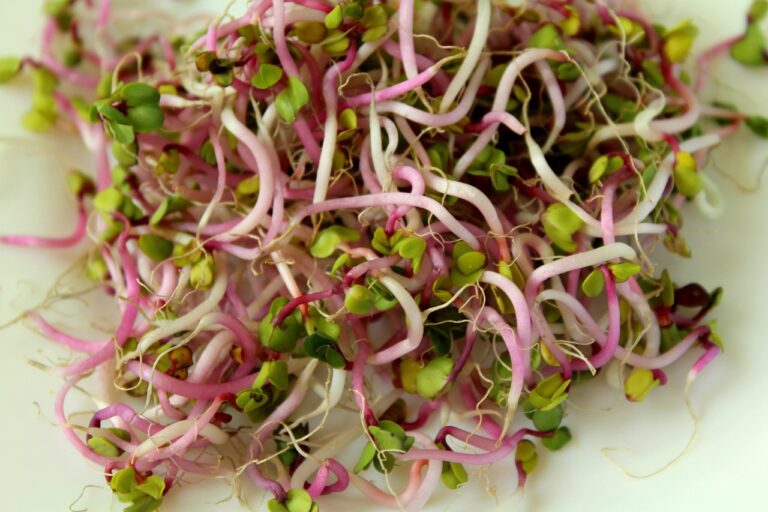Exploring the Role of Meat Processing in Agricultural Resilience: Sky247 com login password, Gold365 game login, Gold 365 green
sky247 com login password, gold365 game login, gold 365 green: Exploring the Role of Meat Processing in Agricultural Resilience
In the world of agriculture, resilience is key. With the growing challenges of climate change, economic uncertainty, and global pandemics, farmers and agricultural businesses are constantly seeking ways to adapt and thrive in the face of adversity. One often overlooked aspect of agricultural resilience is meat processing.
Meat processing plays a crucial role in ensuring the sustainability and profitability of the livestock industry. By transforming raw meat products into value-added products such as sausages, bacon, and jerky, meat processors are able to prolong the shelf life of meat products, reduce waste, and create new revenue streams for farmers.
In this article, we will explore the importance of meat processing in agricultural resilience and how it can help farmers weather the storms of an unpredictable world.
The Benefits of Meat Processing
Meat processing offers numerous benefits for farmers and the agricultural industry as a whole. Here are some of the key advantages:
1. Shelf Life Extension: Meat processing techniques such as curing, smoking, and canning can significantly extend the shelf life of meat products, allowing farmers to store and sell their products for longer periods of time.
2. Waste Reduction: By processing meat products into value-added goods, farmers can reduce waste and make use of parts of the animal that may otherwise go unused.
3. Increased Profit Margins: Value-added meat products typically command higher prices in the marketplace, increasing farmers’ profit margins and boosting their overall revenue.
4. Market Diversification: Meat processing allows farmers to diversify their product offerings and reach new markets, helping to reduce their reliance on a single source of income.
5. Job Creation: Meat processing facilities create jobs in rural communities, providing much-needed employment opportunities and stimulating economic growth in the region.
6. Food Security: Meat processing plays a vital role in ensuring food security by providing a stable supply of safe and nutritious meat products to consumers.
The Challenges of Meat Processing
Despite its many benefits, meat processing faces several challenges that can hinder its ability to contribute to agricultural resilience. These challenges include:
1. Regulatory Hurdles: Meat processing is heavily regulated by government agencies to ensure food safety and quality standards are met. Navigating these regulations can be time-consuming and costly for farmers and processors.
2. Supply Chain Disruptions: Meat processing facilities are vulnerable to supply chain disruptions, such as equipment failures, labor shortages, and transportation delays, which can impact the availability of meat products in the market.
3. Cost Considerations: Setting up and operating a meat processing facility can be expensive, requiring significant investments in equipment, facilities, and technology.
4. Consumer Preferences: Changing consumer preferences and demands for alternative protein sources can pose challenges for traditional meat processors, who may need to adapt their products and marketing strategies to stay competitive.
5. Environmental Concerns: Meat processing can have environmental implications, such as water and energy consumption, waste generation, and greenhouse gas emissions, which may need to be mitigated through sustainable practices.
6. Technological Advancements: Rapid advancements in technology, such as automation and artificial intelligence, are reshaping the meat processing industry, requiring farmers and processors to continuously innovate and adapt to stay relevant.
The Future of Meat Processing
Despite the challenges, the future of meat processing looks promising. As consumers become more conscious of where their food comes from and how it is produced, there is growing demand for locally sourced, sustainably raised, and ethically processed meat products. This presents an opportunity for farmers and processors to differentiate themselves in the market and build a loyal customer base.
Technological innovations, such as blockchain traceability, smart packaging, and precision processing equipment, are enabling greater transparency and efficiency in the meat processing industry. These advancements can help farmers and processors improve food safety, quality control, and supply chain management, leading to better outcomes for both producers and consumers.
Meat processing also plays a critical role in supporting rural economies and preserving agricultural traditions. By investing in meat processing infrastructure and training programs, governments and industry stakeholders can help small-scale farmers and processors thrive in a competitive marketplace.
In conclusion, meat processing is a vital component of agricultural resilience. By adding value to raw meat products, reducing waste, creating new revenue streams, and meeting the evolving needs of consumers, meat processors can help farmers adapt to a changing world and build a more sustainable future for the livestock industry.
FAQs
1. What is meat processing?
Meat processing involves transforming raw meat products into value-added goods through techniques such as curing, smoking, and canning.
2. Why is meat processing important for agricultural resilience?
Meat processing helps extend the shelf life of meat products, reduce waste, increase profit margins, diversify market offerings, create jobs, and ensure food security.
3. What are some challenges of meat processing?
Regulatory hurdles, supply chain disruptions, cost considerations, consumer preferences, environmental concerns, and technological advancements are some challenges faced by the meat processing industry.
4. How can the future of meat processing be improved?
By adopting technological innovations, embracing sustainable practices, supporting rural economies, and investing in training programs, the future of meat processing can be enhanced for the benefit of farmers and consumers alike.







